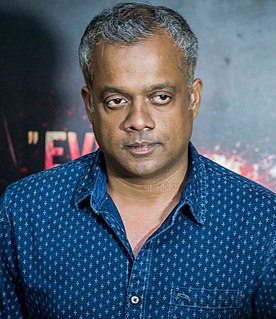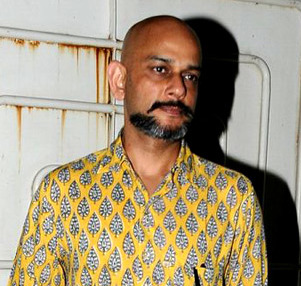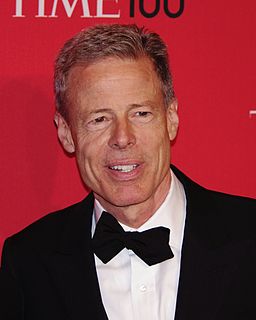A Quote by Akkineni Nagarjuna
Audiences don't come to theatres going by reviews. Even if a film is rated low, the collections won't get affected.
Related Quotes
It takes a while for audiences on film to see you as something different if they've seen you for so long as a specific character. It's up to the actor to be like, 'Look man, let's try something else,' even if it's an ultra-low-budget independent. People who rep you will keep going with whatever they can send you on.
This is the essential distinction--even opposition--between the painting and the film: the painting is composed subjectively, thefilm objectively. However highly we rate the function of the scenario writer--in actual practice it is rated very low--we must recognize that the film is not transposed directly and freely from the mind by means of a docile medium like paint, but must be cut piece-meal out of the lumbering material of the actual visible world.
It's a privilege. It's a real honor. It's a challenge. Michael and I always feel we stand on tall shoulders when we make these films. Audiences come to them with a lot of good will because of what's come before. We just try to make the best film we can, each time, and hope that we satisfy the fans. I'm sure, with Skyfall, that we will. I think it's a terrific film. I hope the audiences enjoy it, as much as we've enjoyed making it.
You read reviews by top reviewers of films that not only had remarkably interesting scores, but films whose effectiveness was absolutely enhanced, and frequently created by the music, yet the reviewers seem unaware that their emotions and their nervous reactions to the films have been affected by the scoring. This is a serious flaw. Any film reviewer owes it to himself, and the public, to take every element of the film into account.



































